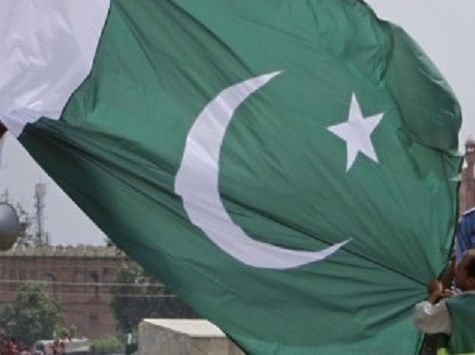The Pakistani government lifted its moratorium on the death penalty permanently in March, which led to more than 150 executions in the last six months. Pakistan now executes more people than Saudi Arabia, but it is important to note why.
The Pakistan Peoples’ Party took power in 2008 when Asif Ali Zardari became president. He quickly abolished the death penalty and issued moratorium for death row prisoners. But Prime Minister Nawaz Sharif lifted the moratorium in late 2014 after a jihadist massacre at a school resulted in the deaths of 162 people, including 132 children. The government only placed the ones charged with terrorism, 800 prisoners, on death row.
In March, the government decided to lift the moratorium for everyone. At the time, there were 8,500 people on death row. Over 1,000 of them lost their appeals. Ilyas Khan with the BBC said no one knows why the government chose to reinstate the death penalty.
Human rights organizations are still fighting to stop executions, claiming that the prisoners are not receiving due process before being executed. “The government has started hanging people left, right and centre in order to look tough,” exclaimed human rights lawyer Saroop Ijaz.
Amnesty International said the justice system is “riddled with serious fair trial issues at every level.” People claim the police torture suspects to receive confessions. If a family is rich they can literally but the suspect’s freedom:
To further complicate things, Diyya, a system which gives the legal heirs of the deceased an option to forgive the defendant and seek blood money from their family, is sometimes used as a mechanism to resolve murder cases and has created a two-tier justice system.
Introduced as part of the Islamification of the country’s penal code in 1990, families can buy their relatives’ freedom for about £34,000 – with Diyya pegged to the current market value of 30.63kg of silver. For critics of this system, the use of blood money amounts to the effective privatisation of Pakistan’s legal system.
“If you’re rich, you’ll have the best lawyer and you will get away with it,” explained lawyer Shahzad Akbar. “The majority of death row prisoners are poor people who have had crappy lawyers.”
Aftab Bahadur Masih faces death early Wednesday morning after spending 22 years on death row. Reprieve, a British advocacy group, is providing defense for Masih and translated an essay he wrote to proclaim his innocence. He was only 15 years old when the murder took place. Even if he did commit the crime, “[J]uveniles cannot be sentenced to death under Pakistani law.” His lawyers claim the government sped through his trial under the Speedy Trials Act from 1993, which forces police to work too quickly.
“That leads to a lot of pressure on the police,” insisted Maya Foa of Reprieve. “It has them pick somebody, in this case a scapegoat, and say: This is the person who’s the culprit.”
The Pakistani Supreme Court issued a reprieve to Shafqat Hussain only hours before his execution on Tuesday. This is the fourth reprieve for him since his “age is disputed.” The Justice Project Pakistan (JPP), who represents Hussain, claim he was just a child when the court convicted him of murder.

COMMENTS
Please let us know if you're having issues with commenting.